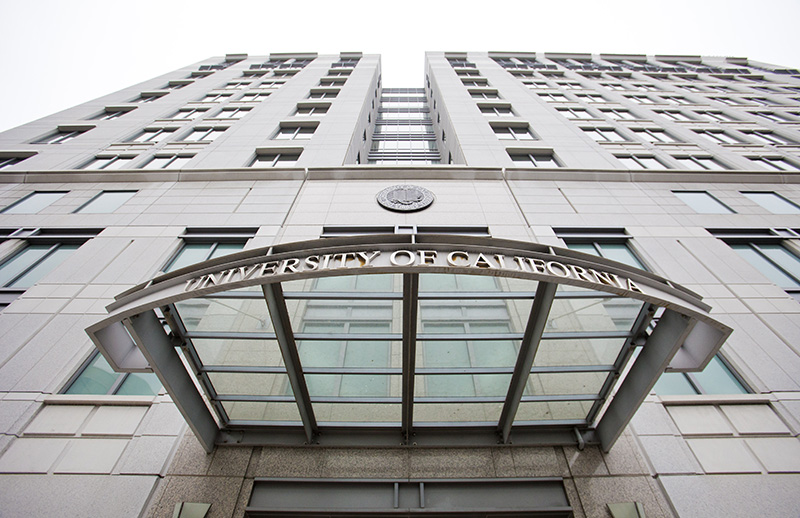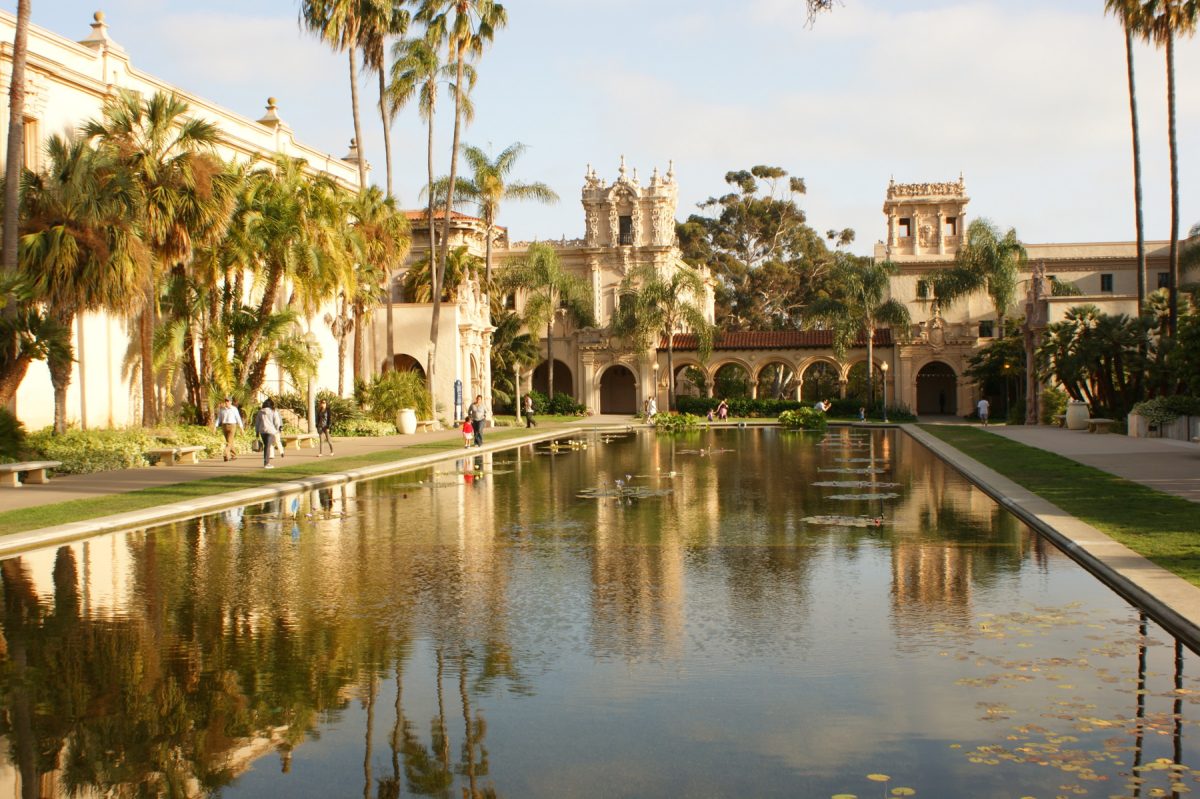Gupta held a forum Feb. 25 to discuss the reasons behind the freeze. Members of student publications at the forum claimed the A.S. Council’s actions were in violation of the First Amendment.
Although Gupta said at a Feb. 16 meeting with Chancellor Marye Anne Fox and the Black Student Union that the A.S. Council had been “trying all year to defund [the Koala],” he maintains that any new guidelines for funding student media will not be based on content.
“I think it’s obvious [why we froze the funds],” Gupta said. “There were a lot of students who were angry. We froze the funds here because we didn’t want to continue the current system. This is a call for systematic review of the objective criteria we use.”
Gupta added that the council is not obligated to fund student media.
“The right to free speech does not equate to the right to funding,” he said.
Vice President of Finance and Resources Peter Benesch said the temporary freeze is necessary in the process of creating guidelines that do not fund hate speech.
“It’s not about the ‘Compton Cookout,’ it’s not about the Koala — it’s about this fundamental structural problem,” Benesch said.
Sixth College Senator John Condello called the freeze “a roundabout way to shut down the Koala.” Gupta quickly followed with: “As the A.S. President, I can tell you that this isn’t a way to shut down the Koala.”
Members of the BSU, including Sixth College freshman Bijon Robinson, told media-org representatives at the forum that the BSU supported all organizations except the Koala.

“We’re fighting for you guys like you fought for us by coming to the protest,” Robinson said.
Koala Associate Editor Wes Field said the council should lift the freeze for the good of the other organizations.
“You’re not putting the Koala in danger,” Field said. “You’re risking putting all the media orgs who can’t fund themselves in danger.”
At the meeting, Left Coast Post Copy Editor Farah Hoque said she does not personally condone the Koala’s content, but that its presence is necessary to preserve free speech.
“I hate to come out in support of the Koala, but I have to come out in support of them tonight because what the Koala represents is free speech,” she said. “It’s our constitutional right to speak out freely, and as a writer and editor, I will guard this with everything I have.”
Gupta has chartered an official board to review media guidelines, with the hope that it would submit a proposal with new guidelines — reinstating media-org funding in some way — to the A.S. Council by March 10.
The 15-person committee is by Associate Vice President of Student Advocacy Chris Cruz, a nonvoting member, and also includes Gupta, Benesch and Associate Vice President of Student Organizations Andrew Ang.
It also includes five A.S. senators, the majority of whom oppose the funding freeze. Director of UCSD Legal Services Dan Park will be a non-voting member.
Media-org representatives are Koala Editor in Chief Kris Gregorian, MQ Editor in Chief Nicole Teixeira, California Review Editor in Chief Alec Weisman, Sixth Sense Editor in Chief Stacy Sluys, ISA Magazine Editor in Chief Jessica Caloza and Mania Magazine Editor in Chief Rose Eveleth.
Benesch said that while there are 33 media organizations on campus, only 14 requested funding this quarter. Of these, 11 had already published their issues for the quarter, so only three — the Left Coast Post, the California Review and the Koala — planned to publish after the funds were revoked, therefore directly affected by the freeze.
The Left Coast Post was still able to secure funding for its publishing. According to Copy Editor Victor Lin, his organization requested money before the freeze, and was allowed access to its funds. The paper is being distributed this week.
However, Weisman of the California Review — who applied for funding last week, for the issue scheduled to come out Week Nine — said he was denied money due to the freeze, and has been forced to look for external sources of funding.
Benesch said that if funds are not reinstated by Week 10, he will submit a proposal to council to do so.
Muir TV Co-chair Holly Eskew has taken more direct action against the council. She has asked David Blair-Loy, legal director of the San Diego branch of the ACLU, to take the case.
However, Blair-Loy cannot litigate until he has a particular media org as a client. Eskew is talking with the orgs to work out the next step.
“I’m the liaison that is helping the orgs affected come together for free speech,” Eskew said.
According to Blair-Loy, Gupta’s decisions are unconstitutional because they are motivated by an intent to censor content. He said that Gupta’s argument — that the freeze does not violate the First Amendment because it targets all media organizations — is invalid.
“It’s not legal just because it’s imposed on everyone,” Blair-Loy said. “We know that because he pulled it after what happened on SRTV, and he’s on record saying that he wants to revoke because of the Koala.”
Blair-Loy compared the freeze to a situation in which a racist employer wants to fire a black employee.
“He knows he can’t fire just that employee since it’d be too obvious, so he fires them all,” he said. “But that doesn’t make it okay, because the racist intent is still there.”
Gupta reiterated that the freeze was not motivated by content.
“Maybe the ACLU is confused by the misinformation that the Koala has perpetuated, but the fact that they’re distributing shows that they were able to publish, and that this is definitely not about censoring free speech,” Gupta said.
Gregorian said the most recent issue of the Koala, distributed March 3, was self-funded and aided by anonymous donations.
“We drained our bank account, but we hope to be reimbursed by 10th week,” Gregorian said.
He added that he is working with the media orgs to file a collective grievance with the campus judicial board.
Blair-Loy said that restricting funds to press outlets counters the effort to curb campus racism.
“Censorship is a blunt instrument that doesn’t solve the problem,” Blair-Loy said.
So far, Blair-Loy sent letters to both Chancellor Fox and Gupta condemning the media freeze. He said he hopes UCSD can resolve the issue internally.
“If the ban is not lifted soon, we are prepared to consider litigation as soon as we have a client,” Blair-Loy said. “We’re not going to wait that long. We’ll take it one day at a time — we have no precise timeline — but each day that goes by with this freeze violates the First Amendment.”
Readers can contact Angela Chen at [email protected].






